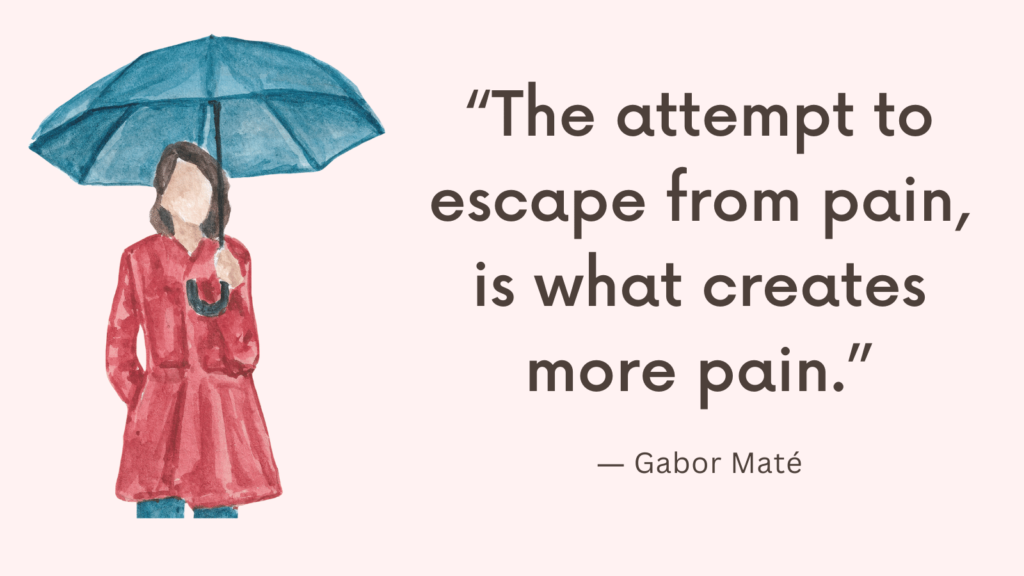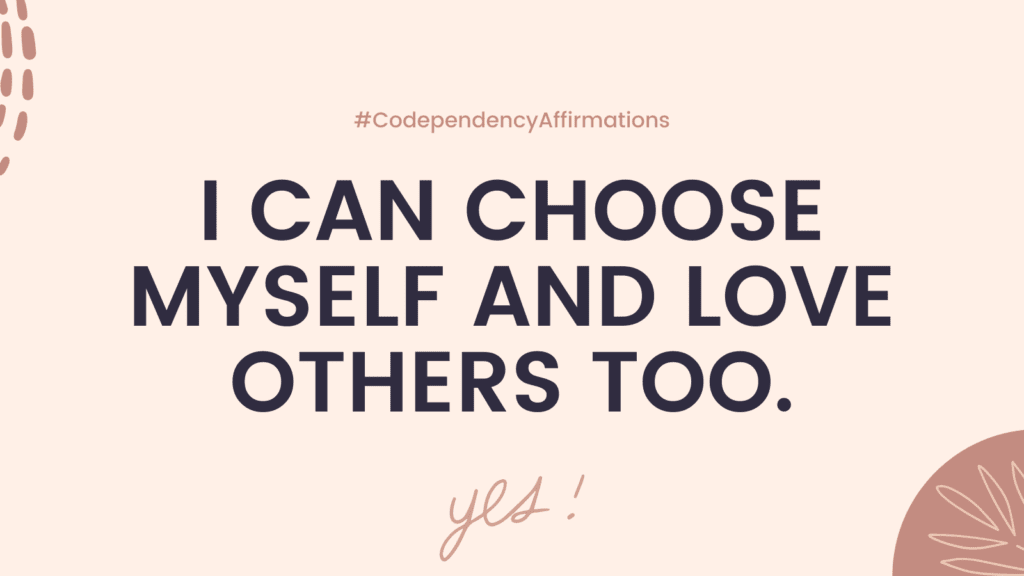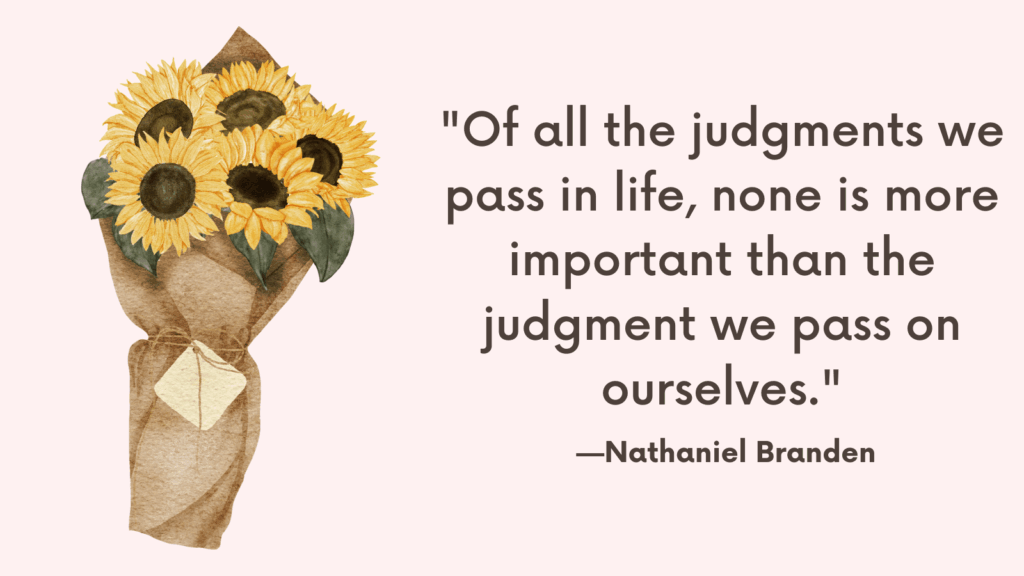This post contains codependent friendship signs as well as helpful tips to deal with codependent friendship.
What Is A Codependent Friendship?
A codependent friendship is a relationship dynamic characterized by an excessive reliance on one another for emotional and psychological needs.
In codependent friendships, one person often takes on a caretaker role, while the other becomes dependent on their support or validation.
This imbalance can lead to unhealthy patterns of behavior, where both individuals may feel trapped, enmeshed, and unable to function independently.
Codependent friendships often involve enabling behaviors, lack of boundaries, and an unhealthy level of emotional investment in the other person’s well-being.
Individuals in codependent friendships may struggle with low self-esteem, fear of abandonment, and an overemphasis on meeting their friend’s needs at the expense of their own.
Related: How To Break Codependency Habits For Good? (+FREE Codependency Worksheets)
Top 10 Codependent Friendship Signs
Understanding the signs of a codependent friendship is crucial in order to address and potentially improve the dynamics.
Here are some signs to watch out for in a codependent friendship:
1. Excessive Reliance
Codependent friendships often involve an unhealthy level of emotional reliance on one another.
You may find that you rely heavily on your friend for validation, decision-making, or even your overall sense of self-worth.
2. Sacrificing Personal Boundaries
Codependent friendships often involve a lack of personal boundaries.
You may struggle to assert your needs, say “no,” or prioritize your own well-being due to guilt or fear of rejection.
Related: Top 25 Tips On How To Set Boundaries Without Being Controlling? (+FREE Worksheets PDF)
3. One-Sided Giving
Codependent friendships are often characterized by an imbalance in giving and receiving.
You may find yourself constantly taking care of your friend’s needs while neglecting your own.
This can leave you feeling drained and unappreciated.
4. Difficulty Expressing Emotions
In a codependent friendship, expressing your true emotions can be challenging.
You may fear conflict or disapproval from your friend, leading to a tendency to suppress your own feelings or conform to their expectations.
5. Lack of Autonomy
Codependent friendships can lead to a loss of individuality and autonomy.
You may find it difficult to make decisions without your friend’s input or seek their approval before taking any action.
Related: Top 10 Signs You’re Healing from Codependency
6. Enabling Destructive Behaviors
Codependent friendships often involve enabling behaviors, where you protect or enable your friend’s self-destructive patterns such as substance abuse, unhealthy relationships, or other harmful behaviors.
7. Fear of Abandonment
A common trait in codependent friendships is a deep-seated fear of abandonment.
You may go to great lengths to avoid conflict or disagreement to prevent your friend from leaving or rejecting you.
8. Neglected Personal Growth
Codependent friendships can hinder personal growth and development.
Your focus may be primarily on your friend’s needs, causing you to neglect your own goals, interests, and aspirations.
9. Emotional Turmoil
Codependent friendships often result in emotional turmoil.
You may feel anxious, jealous, or dependent on your friend’s opinions and actions, leading to a rollercoaster of emotions.
10. Difficulty Ending the Friendship
Codependent friendships can be challenging to end.
You may fear being alone or worry about what your friend might do without your constant support.
Related: How To Overcome High Functioning Codependency?

How to Deal with Codependent Friendship?
Dealing with a codependent friendship can be challenging, but through self-awareness and proactive steps, you can work towards establishing healthier boundaries and transforming the dynamics.
Here are some strategies to consider:
1. Recognize and Acknowledge Codependency
The first step in dealing with codependency is to acknowledge its presence in your friendship.
Reflect on the signs of codependency and identify how they manifest in your relationship.
This self-awareness is crucial for initiating change.
2. Prioritize Self-Care
Start prioritizing your own well-being and self-care.
Make time for activities that bring you joy, set personal boundaries, and practice self-compassion.
By taking care of yourself, you’ll be better equipped to navigate the challenges of the codependent friendship.
3. Seek Professional Support
Consider seeking guidance from a therapist or counselor who specializes in codependency.
They can provide personalized strategies and support to help you navigate the dynamics, establish healthy boundaries, and work on building self-esteem and self-reliance.
Related: Best 10 Overcoming Codependency Exercises
4. Communicate Openly and Honestly
Effective communication is key in addressing codependent patterns.
Express your feelings, needs, and concerns openly and honestly with your friend. Set clear boundaries and be assertive in asserting your own needs.
Encourage open dialogue, active listening, and mutual respect within the friendship.
5. Develop a Support Network
Cultivate healthy relationships outside of the codependent friendship. Building a support network of friends and loved ones can help provide alternative perspectives, validation, and emotional support.
These relationships can also reinforce the importance of setting boundaries and maintaining balance.
6. Practice Self-Reflection
Engage in self-reflection to understand why you engage in codependent behaviors.
Examine your own insecurities, fears, and patterns that contribute to the codependent dynamic.
By gaining insight into your own motivations, you can work towards breaking these patterns.
Related: Codependency And Enmeshment: 9 Signs You May Be In An Enmeshed Relationship
7. Set and Enforce Boundaries
Establish and communicate clear boundaries within the friendship.
Be firm in sticking to these boundaries, even if it causes discomfort initially.
Remember, healthy boundaries are essential for maintaining your own well-being and fostering a balanced relationship.
8. Encourage Individual Growth
Encourage both yourself and your friend to pursue individual growth and personal development.
Engage in activities and hobbies outside of the friendship, encourage independence, and support each other’s goals and aspirations.
This can help break the cycle of codependency and foster a sense of individuality.
9. Accept Imperfection
Understand that change takes time and effort, both for yourself and your friend.
Embrace imperfections and setbacks along the way, as breaking codependent patterns is a journey.
Patience, self-compassion, and a willingness to learn from mistakes are essential.
Related: Letting Go of Perfectionism: Best 20 Tips
10. Assess the Health of the Friendship
Regularly assess the overall health and balance of the friendship.
If despite your efforts, the codependent patterns persist and significantly impact your well-being, it may be necessary to reassess the future of the relationship.
Sometimes, ending a codependent friendship can be the best decision for your own growth and mental health.
Conclusion
Dealing with codependent friendships requires patience, effort, and often the assistance of a professional.
By implementing these strategies and seeking support, you can work towards establishing healthier and more fulfilling relationships in your life.



